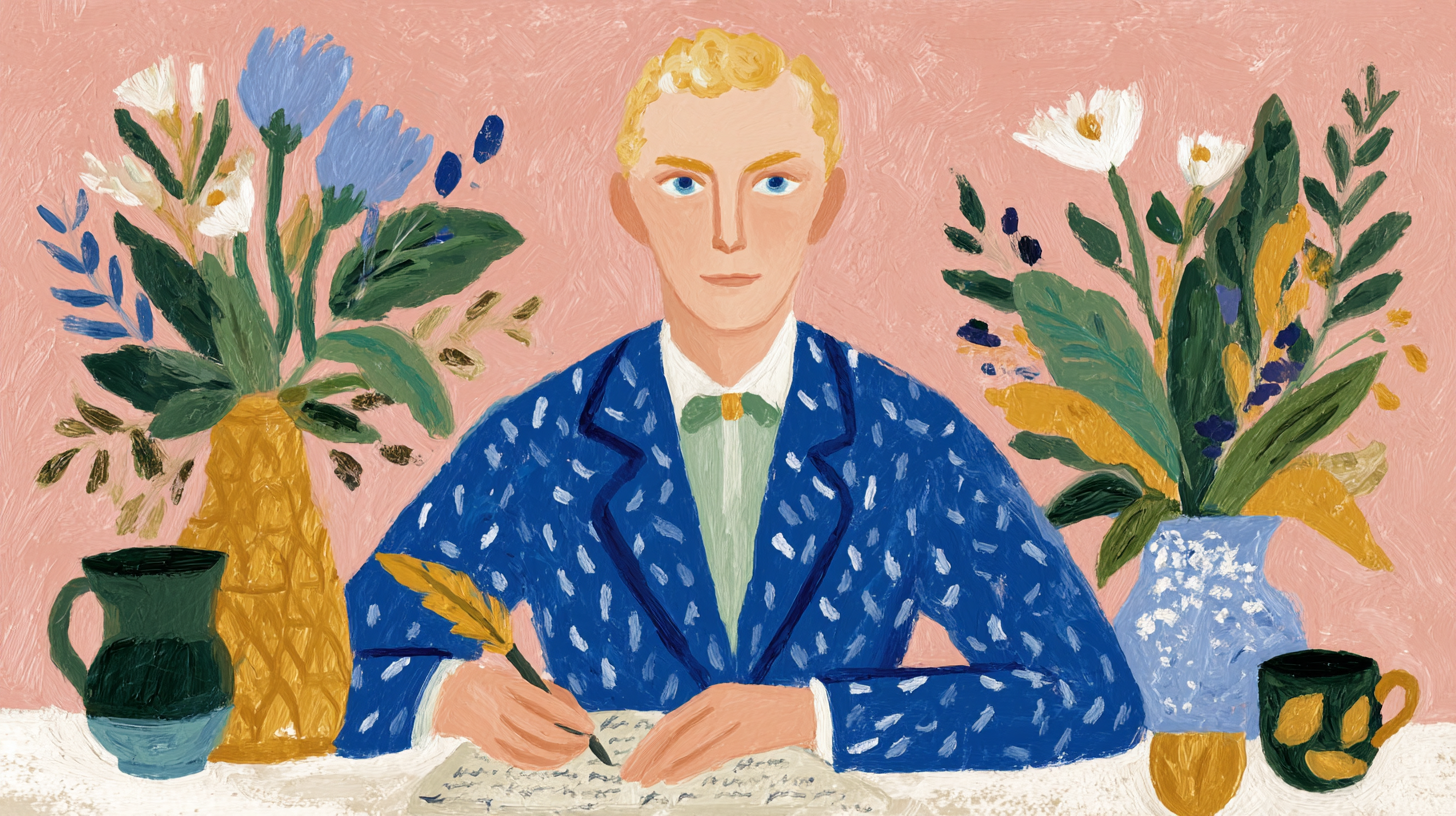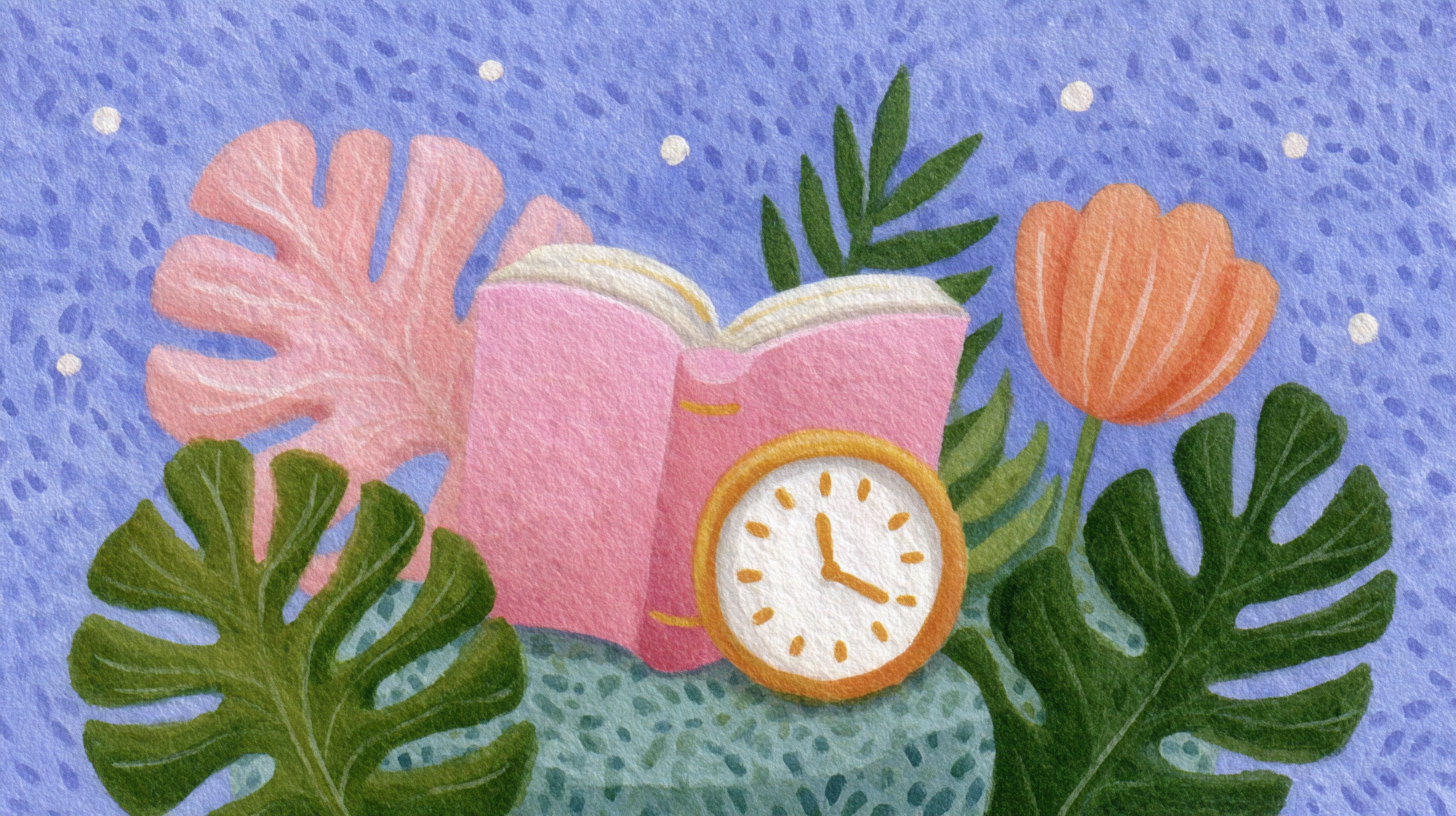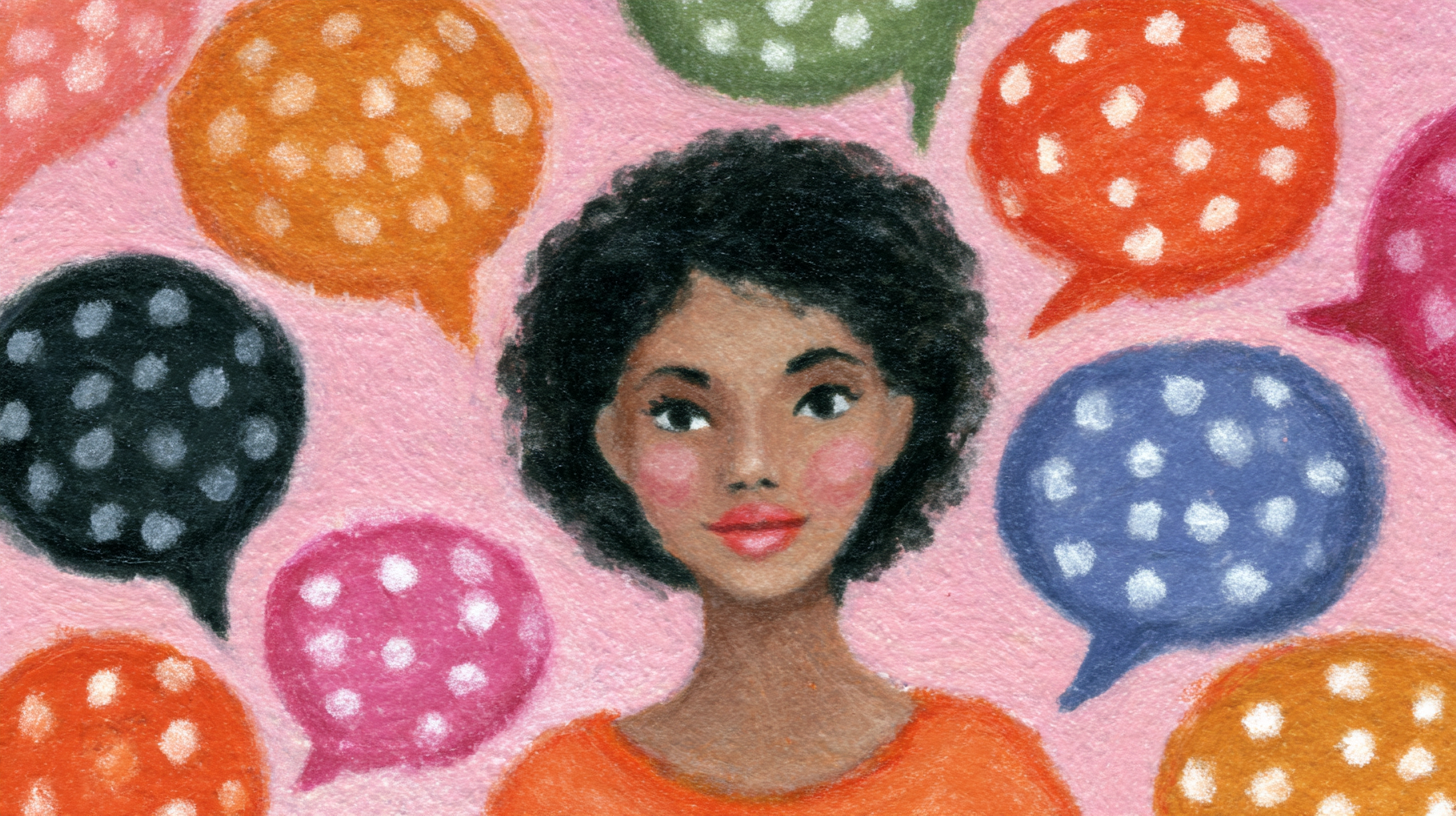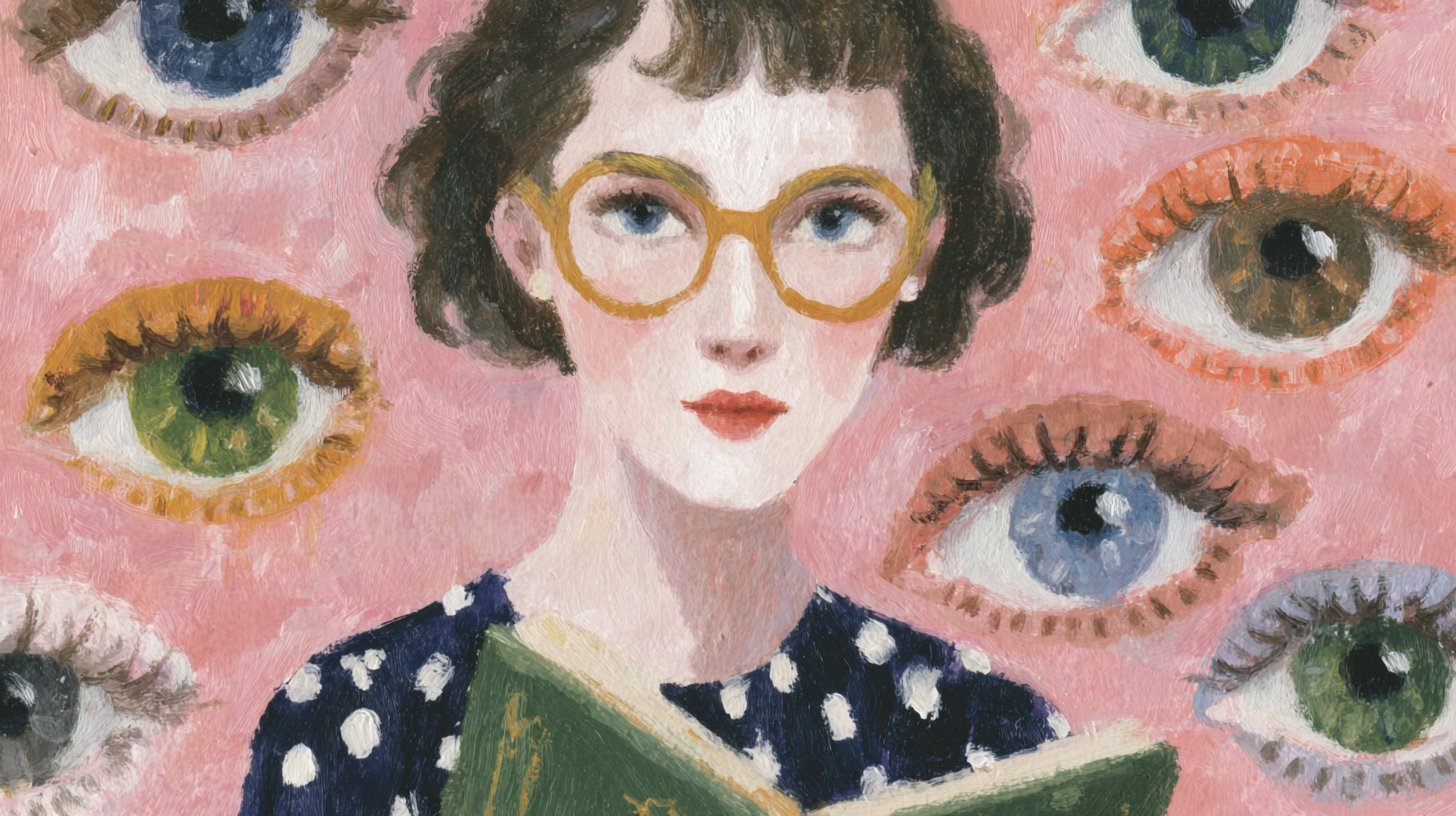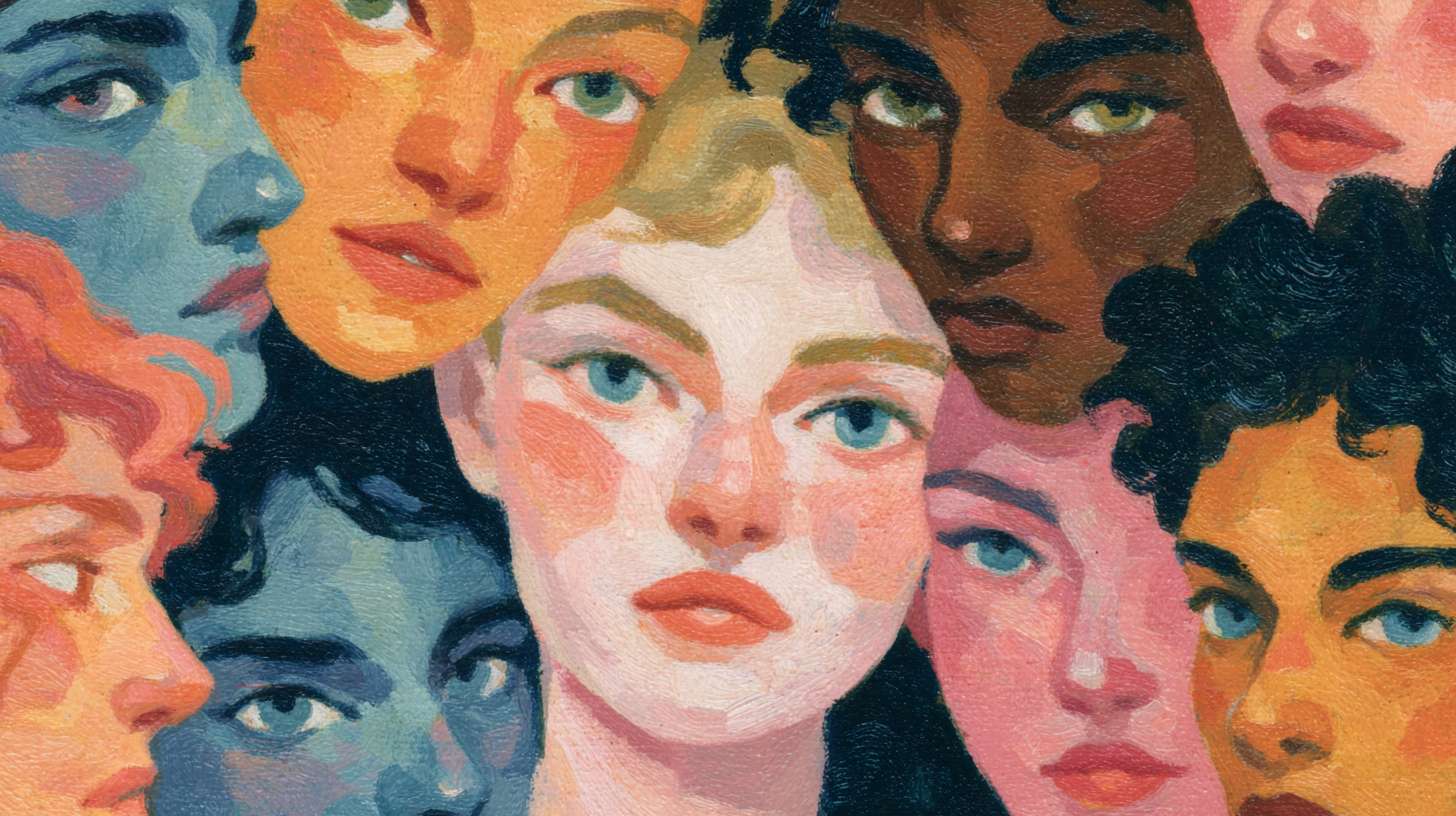Writing Tone Explained: How to Set the Right Mood in Your Content
What exactly is tone in writing? Tone is the attitude or feeling that your writing gives off to the reader. It sets the mood and helps your audience understand how to feel about what they are reading. Tone can be formal, casual, serious, humorous or anything in between. (I once tried a serious tone for … Read more
